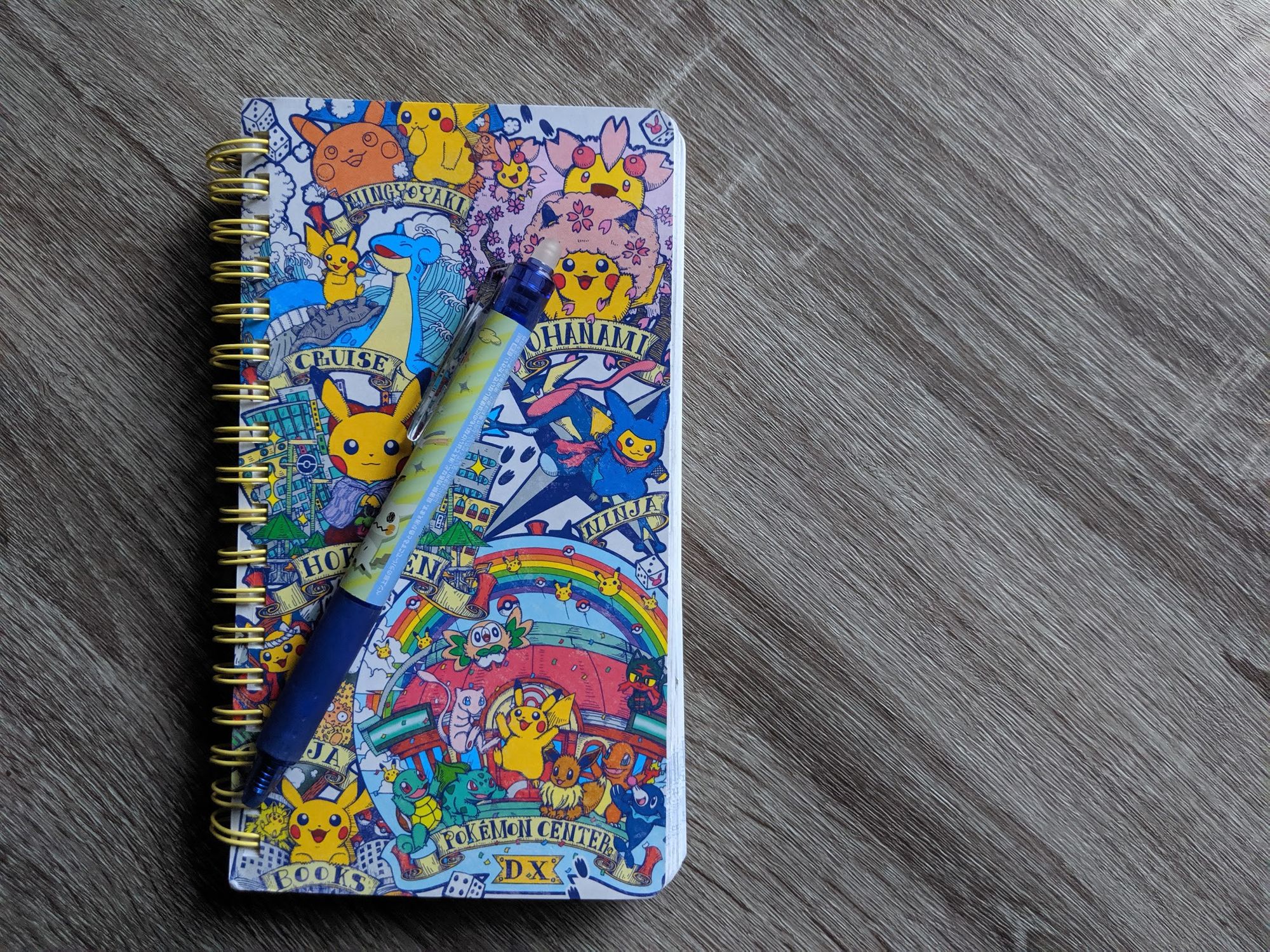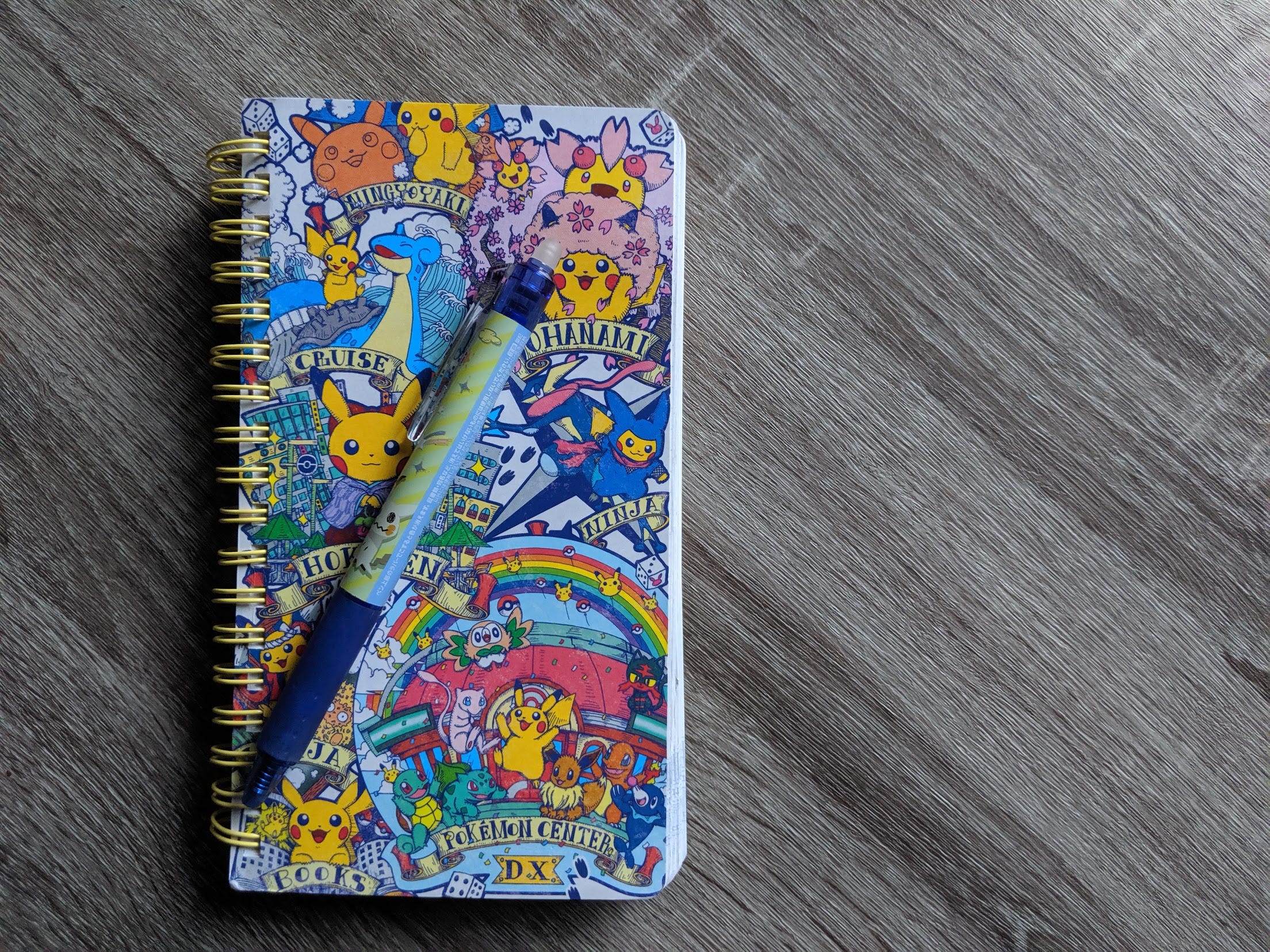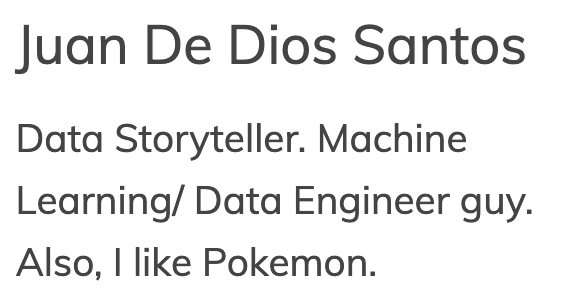Writing is making me a better engineer
The effects a single article had in my career

In summer 2015, I took a step out of my comfort zone and did something new: I wrote an article. Yeah, that’s it. Not that impressive, if you think about it. But as modest and miniature this step was, this stride’s ripples was my ticket to a vast sea of improvements and opportunities.
Writing is a skill that our lovely teachers try to shove down our throats since we are kids. And it makes sense, right? After all, everybody should learn how to write and read. So, many thanks for that, dear teachers. But when we get pushed continuously with cliché instructions such as “write an essay about your favorite food,” or “describe your dog,” while honestly, at that age I just wanted to play Pokemon, you kind of associate the idea of writing with something adversarial. But the feeling doesn’t end there, or at least didn’t end for me! No, that sensation and bitterness followed me until college, and with the airs of adulthood (ok, I was already an adult, but you get my point) and responsibility looming around, I knew I had to change.
Fortunately, nothing lasts forever, and so, I became determined to change my “eww writing” perspective. Thus, four years ago, I sat down, came up with a topic I genuinely enjoyed and wrote a technical tutorial. And guess what? It grew on me, and today, years after I wrote that disaster, I’m still doing it.

I’m a software engineer who works mostly with data. Data, as you may have heard, has become (whether we like or not) an intrinsic part of our lives. Many of the actions we take, clicks we input, steps (literally) we walk, and things we can’t even imagine, are being recorded and logged somewhere. But, as revolutionary and hyped this data is, the crucial detail here is that by itself is not much; it’s just a bunch of numbers, characters, and bits sitting somewhere waiting to be held and embraced. Fortunately for it, there are people like me who are willing to give it a voice.
Every other day, I remove my software engineer name tag and call myself a “data storyteller.” In simple words, I take data, analyze it, and write about my findings. It’s fun! Scrutinizing and sniffing around rows and rows of data feel like playing the role of a detective who’s looking for clues, and craving answers. However, as much as I enjoy wearing my white coat and researching how many steps I’ve walked today, my satisfaction comes from writing about my findings.

Custom titles are the best.
Over time, I realized that my newly found hobby doesn’t end after clicking that “publish” button and racking up a couple of likes/claps/views I typically get. Nope. After some thinking, I noticed that the skills I have obtained in this literacy journey have influenced not only my creative side but also my professional life.
For starters, as I said, I’m a software engineer. Hence, most of my tasks involve typing instructions in a text editor to tell computers what it should do. Although this kind of writing is significantly different than writing a data story, lately, I’ve noticed that the code I’m producing is somehow more elegant, flowing, and readable. While writing prose, we, or at least me, divide our piece into three pieces: introduction, main idea, and conclusion. Furthermore, each of these sections has its structure and the sentences within these them, also have a shape. This mentally of how to design a coherent article has also become my way of writing code.
Now, I see my programs as a story, as something with a start, main idea, and end. At the beginning of each piece of code, I lay out the fundamentals of my “story,” while explaining to myself (and future readers) what I should expect in the upcoming lines. Then, in the meaty part of the piece, I’m putting more emphasis on the readability of the content, rather than showing off all the shiny features of the language. Lastly, at its conclusion, I like to give a recap of what I just wrote, briefly mention what the output should have been, and in some cases, lay down the foundations of any future work. Hence, I’m willing to say that writing has improved my ability to write code.

Sometimes, writing about a topic involves researching beforehand the subject we are about to tackle. Each dataset and problem I have come across is a thousand times different than then the previous one. Thus, to address the task I’m about to undertake, which in most cases means writing about this dataset I’m about to dissect, firstly, I need to learn, understand, and investigate an optimal set of tools and algorithms that suits my problem. Should I use R? Python? Unsupervised learning? Maybe descriptive statistics are enough? Now, imagine doing this a couple of times per year, do you know how much I have learned? All these skills, frameworks, algorithms, and programming languages I’ve come to meet during those long, textual nights has undoubtedly, in my opinion, made me a better engineer.

I genuinely believe that the “greatness” or “ability” of an engineer can’t be just measured by how much it knows or productive it is. An efficient engineer, in my opinion, is one who embraces the so-called soft skills; the way you are with your colleagues, the way to communicate within the office, and of course, the way you reply those non-desirable emails that greet you first thing in the mornings. As you might have guessed, writing, and moreover, the skills I have learned while trying to communicate non-verbally through my essays, articles, and tutorials have significantly improved the I correspond and reach out to others in “real-life.”
But, let’s make this more drastic. If you saw my name at the top of this article, you might have thought that I’m not a native English speaker. If so, you are correct. I’m from the Caribbean, my mother language is Spanish (hola!), and I have what I call my plantain accent. But the important detail here, and the reason I bring this up is that I’ve developed most of my professional life out of my home country, in non-Spanish-speaking environments. So I must step up and improve my English game! And wow, I swear to you that writing has enriched my vocabulary by a tenfold. Every other day, in the middle of a conversation, I drop a “notwithstanding,” “aforementioned” and “however” (love this one), and people are like “Juan, did you seriously just used that word?” “Yes, I did.” So again, writing, and furthermore (see?), typing every term into a thesaurus, trying to come up with a fancy and non-repetitive way of expressing an idea, has also improved my communication. Hence, I feel more confident, and therefore, hopefully, this is making me a better engineer.

Lastly, I want to say that writing and its teachings, made me discover an activity I never knew I was so interested in: speaking. At some point during one of my writing endeavors, I wondered how it would be to bring this bunch of letters to an actual audience. And so I did! But wow talking is actually quite hard. Speaking days aren’t a walk in the park. You sweat, get nervous, forget your words, and so on. But you know what? Every single time I’m standing there in front of those hundreds pair of eyes looking at me, I feel prepared because the rules I’ve learned — coherence, transitioning, vocabulary to mention a few — from every single word I’ve brought to life, has made me, in overall, a better communicator. And while I’m not sure if speaking is directly making me a better engineer, the people you meet, skills you learn, and the lessons you teach, definitely do.
So, thank you, writing. I cant wait to see where you will be taking me next.
Now you tell me, how has writing benefited you?
Thanks for reading.
